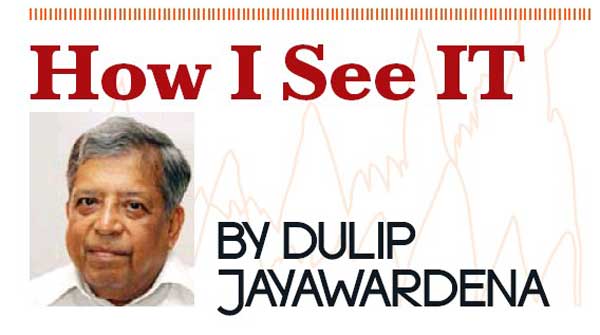26 Jan 2015 - {{hitsCtrl.values.hits}}
 Acomprehensive national mineral policy for Sri Lanka was drafted by me recently in my capacity as Honorary Adviser to the Environment and Renewable Energy Ministry and with my experience as the senior most geoscientist with over 50 years of professional experience from 1965 at the Geological Survey Department (Present GSMB) and the Director from 1982 to 1985 and thereafter as a World Bank consultant to the Industries and Scientific Affairs Ministry under the restructuring of state industrial corporations. The minister at that time was the present Prime Minister Ranil Wickramasinghe.
Acomprehensive national mineral policy for Sri Lanka was drafted by me recently in my capacity as Honorary Adviser to the Environment and Renewable Energy Ministry and with my experience as the senior most geoscientist with over 50 years of professional experience from 1965 at the Geological Survey Department (Present GSMB) and the Director from 1982 to 1985 and thereafter as a World Bank consultant to the Industries and Scientific Affairs Ministry under the restructuring of state industrial corporations. The minister at that time was the present Prime Minister Ranil Wickramasinghe..jpg)
25 Nov 2024 26 minute ago
25 Nov 2024 29 minute ago
25 Nov 2024 2 hours ago
25 Nov 2024 3 hours ago
25 Nov 2024 3 hours ago